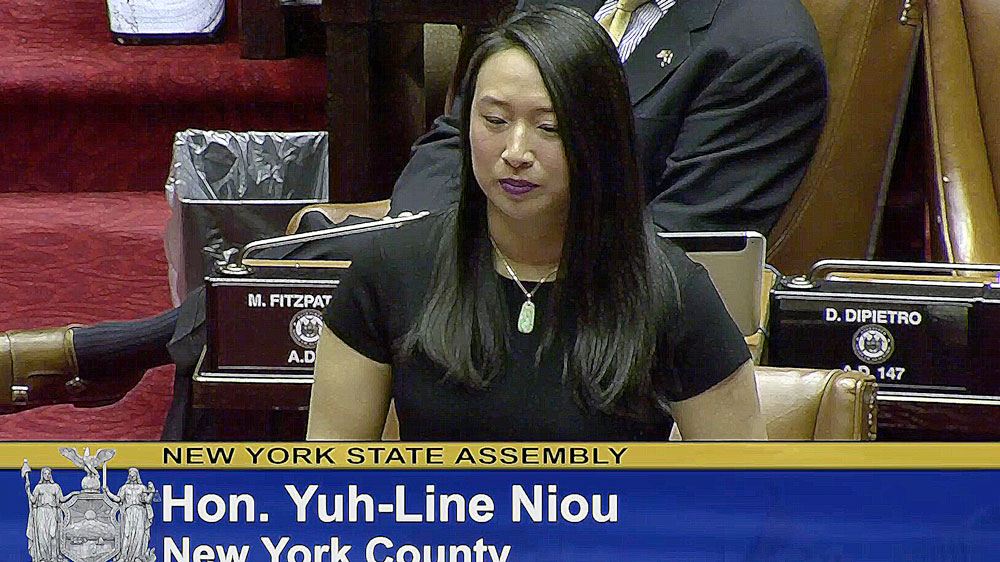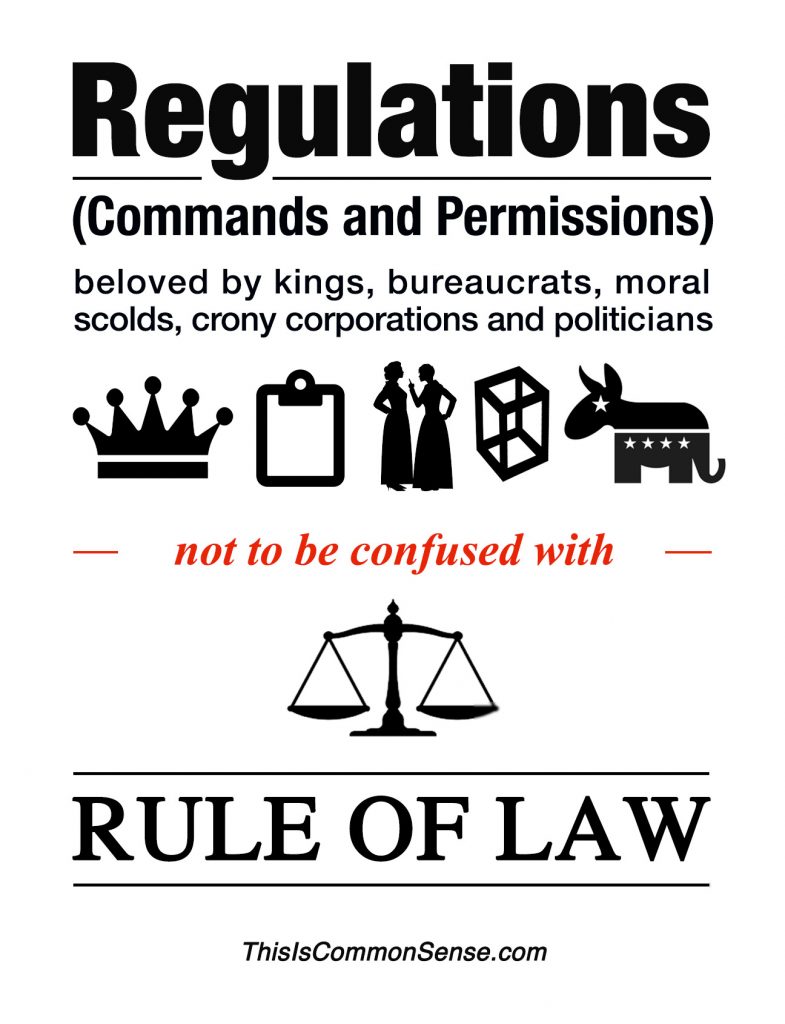In Colorado, like other states, the people’s ingenuity often surprises. And in the Rocky Mountain State, like elsewhere, governments are known to worry about what free people do — and, unsurprisingly, often get in the way.
A popular new ride-sharing app, called TreadShare, hit the market last month, designed to alleviate traffic on I‑70, the route from Denver to popular skiing destinations. The app makes the trip to the mountain slopes far cheaper than Uber of Lyft — not to mention easier on the environment.
So, of course, the State of Colorado has superciliously suppressed this innovation. Over safety worries, allegedly.
“The idea behind the app is for carpoolers to share the cost of gas and mileage, incentivizing the drivers to bring additional passengers and the passengers to get a cheap ride up to the mountains,” writes Taylor Sienkiewicz in Summit Daily. “Shortly following the launch, TreadShare received a ‘cease and desist’ letter from the Colorado Public Utilities Commission. This caused TreadShare to shut down operations and another similar app, Gondola, not to launch.”
Not receiving an apparently required $111,250 annual license, nor proof the company performs background checks on all drivers, the state government has “helpfully” squelched these two ride-sharing services.
What about safety? The Colorado State Patrol, whose job is ostensibly to maximize highway traffic safety, might wish to work with the app-makers to provide any useful security features.
But preventing organized carpooling through pricey up-front licensing requirements and ridiculous red tape doesn’t seem like promoting safety, but more like typical high-handed government regulatory overreach.
Thankfully, citizen activists have formed a group and are petitioning the legislature to join the rest of the Centennial State in the modern world.
This is Common Sense. I’m Paul Jacob.

—
See all recent commentary
(simplified and organized)










